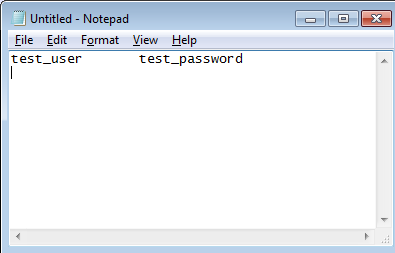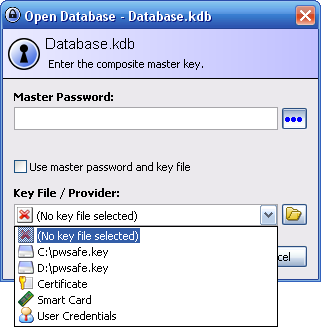

Before any data is sent to LastPass’s servers, it encrypts your data locally on your device as per its zero-knowledge policy. LastPass stores your password vault in its cloud servers. LastPass vs. KeePass: Security LastPass: Security I only recommend KeePass for experienced users.
🥈 KeePass - Winner in Security. KeePass is open-source and offers local data hosting, making it very secure. It’s completely free, but its apps are challenging for beginners. LastPass offers strong security, excellent ease of use, and provides great value with extras like password auditing, dark web monitoring, and secure password sharing. 🥇 LastPass - Winner in Basic Features, Extra Features, Plans & Pricing, Ease of Use, and Customer Support. It took me a week to complete my comparative testing and analysis of both programs, but I’ve finally settled on a winner. In contrast, KeePass is an open-source and completely free password manager, but it has an outdated interface that can be very challenging for new users to set up. It’s also more feature-rich and offers useful extras like multiple account recovery options and password sharing. For one, LastPass is very user-friendly with intuitive apps and browser extensions. However, LastPass and KeePass are very different in most aspects. 
There are some similarities between the two programs - both include 256-bit AES encryption, a password generator, and support advanced authentication options (like TOTP and USB). So I compared both products by multiple criteria including security, basic features, extras, pricing, ease of use, and customer support. Both offer very strong basic security, include impressive extras, and have generous free versions. LastPass and KeePass are two of the most secure password managers on the market.






 0 kommentar(er)
0 kommentar(er)
